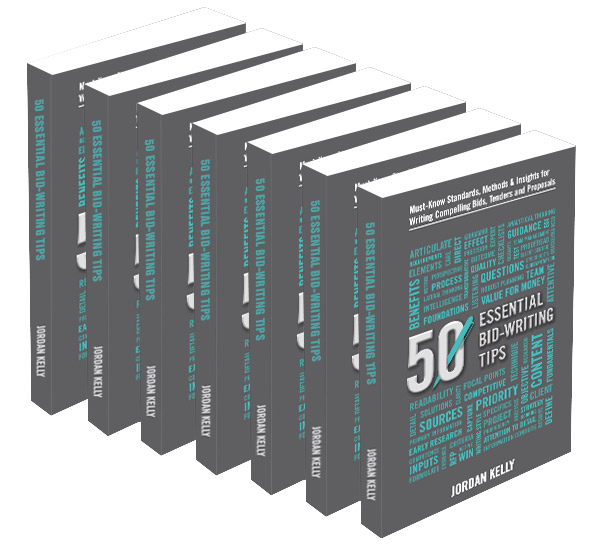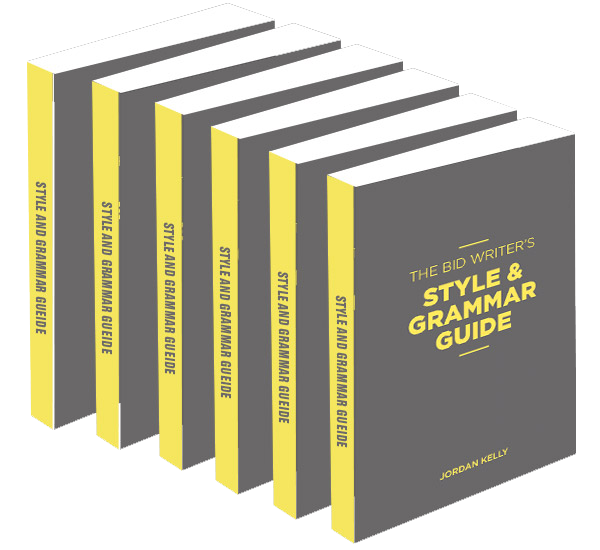CATEGORIES:

Here are some examples of particularly regrettable grammatical gaffes found in bid documentation:
‘Then’ Instead of ‘Than’
Unbelievably, some writers don’t know when to correctly use the word “than”, as opposed to “then” . . . as in:
“Should this occur, than (i.e. should be “then”) we will implement the following contingency plan. Our experience demonstrates this course of action is more effective then (i.e. should be “than”) conventional responses.”
‘Your’ and ‘You’re’
Some writers don’t know the difference between “your” and “you’re” . . . (notwithstanding the fact that the contraction “you’re” has no place in bid writing) as in:
“We have given careful consideration to the issues your (i.e. should be “you’re”) currently experiencing as regards consumables recycling. You’re (i.e. should be “your”) systems will be monitored on a weekly basis.”
Full Stops and Commas
And then there are writers who seem to think commas have replaced the traditional use of the full stop (and, worse still, that it serves no other function) . . . as in:
“This is a current area of focus for our organisation, we are deeply concerned about the impact upon local waterways.”
And there are writers who have never heard of the hyphen . . . as in:
"A 25 year old piece of equipment"
(which should be) "a 25-year-old piece of equipment", and "a to be advised date"
(which should be) "a to-be-advised date".
Or, worse still, writers who use clumsy and un-hyphenated conglomerations like "proAustralian" (which should be) "pro-Australian" and "semidetachable" (which should be) "semi-detachable".
It looks horrid. It reads horrid. And it makes a horrid impression with Expression of Interest and Request for Proposal evaluators who value correct English and grammar.
THE BID WRITER'S STYLE & GRAMMAR GUIDE
(Book)
Your organisation’s credibility hangs on the quality of your writing and the standards it reflects.
Used diligently, this 196-page, high-quality paperback production will ensure the highest degree of grammatical diligence in your submissions, along with a consistent, professional writing style throughout.
Available individually or as a 6-pack (6 books for the price of 5).
50 ESSENTIAL BID-WRITING TIPS
Must-Know Standards, Methods & Insights for Writing Compelling Bids, Tenders and Proposals

(Book)
This 220-page, high-quality paperback production features 50 mini-lessons to ensure both your professional writers and your contributing subject matter experts produce client-centric, substance-based submission content.
Available individually or as a 6-pack
(6 for the price of 5).



